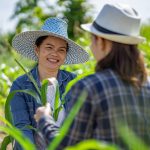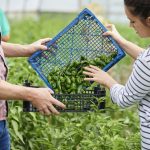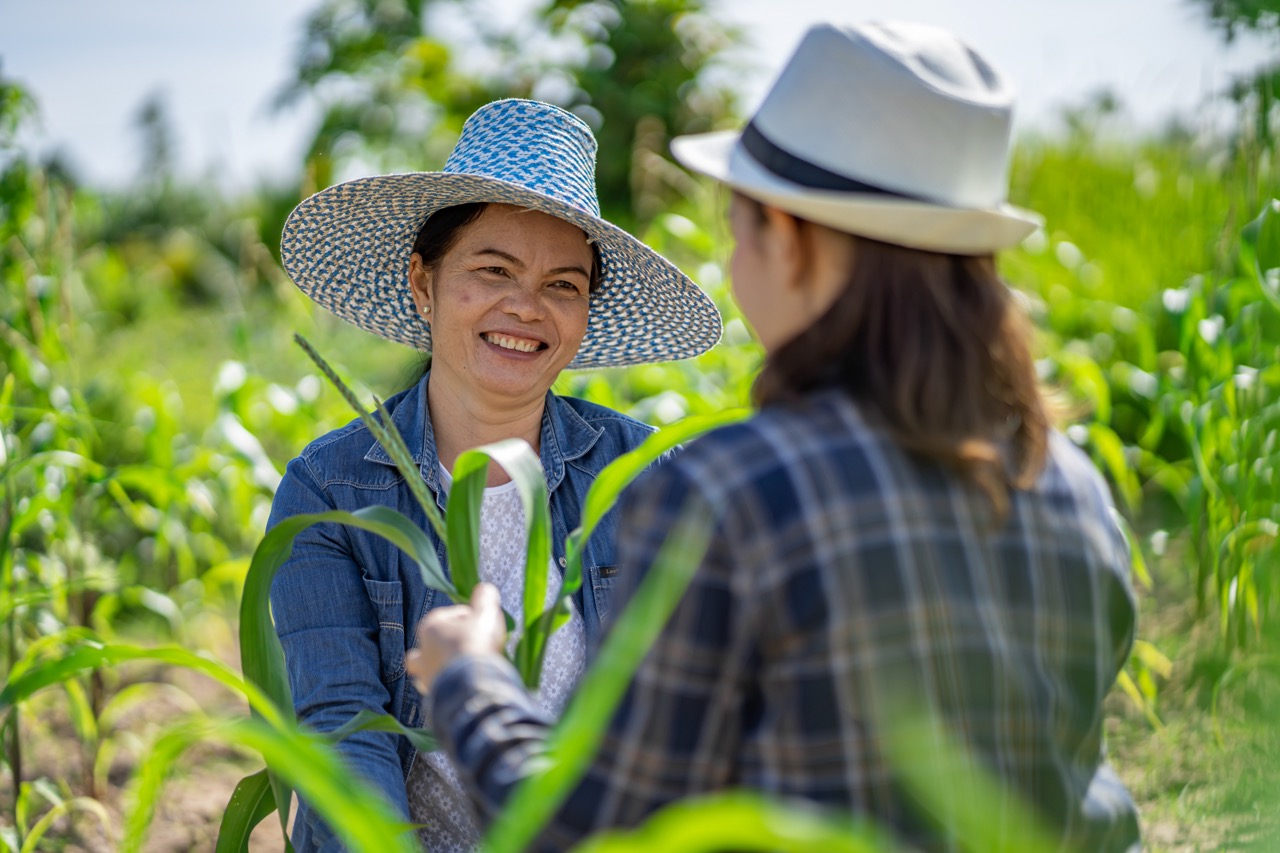Sharecropping has often been viewed through a lens of economic exploitation, particularly in the Southern United States following the Civil War. However, the practice also presents a unique opportunity for agricultural education that can empower local farming communities. This article delves into the historical context of sharecropping, its intersections with educational initiatives, and the potential benefits it brings to local farmers. By understanding the multifaceted role of sharecropping, we may uncover new pathways to enhancing agricultural knowledge and sustainability.
Understanding Sharecropping: A Historical Perspective
Sharecropping emerged as a response to the socio-economic upheaval following the Civil War, primarily in the American South. Freed slaves, lacking resources and land ownership, relied on sharecropping as a means to sustain themselves. Landowners provided land and necessary resources, while sharecroppers worked the fields in return for a share of the crop. This system, while often exploitative, served as a critical transitional phase for many African American families, allowing them to enter the agricultural economy.
Historically, sharecropping was marked by its inherent inequalities, with landowners often manipulating contracts to their advantage. Sharecroppers were frequently caught in cycles of debt, making it difficult to escape the clutches of economic dependency. Nevertheless, this system laid the groundwork for a communal approach to farming, where knowledge sharing became vital for survival. Farmers would often rely on each other to exchange techniques, crop knowledge, and innovations, creating an informal education network.
In more recent years, historians and agricultural experts have begun to re-evaluate the legacy of sharecropping. While its exploitative aspects cannot be overlooked, it is increasingly recognized that sharecropping fostered resilient farming communities that emphasized collective learning and resourcefulness. Understanding this duality is crucial for developing agricultural education programs that draw from historical precedents while addressing contemporary needs.
The Intersection of Sharecropping and Agricultural Education
Agricultural education often suffers from a disconnect between theoretical knowledge and practical application. Sharecropping, with its hands-on approach to farming, provides an ideal framework for educational initiatives aimed at fostering practical agricultural skills. Many sharecroppers possess rich, experiential knowledge about crop cycles, pest management, and soil health that could be harnessed into structured educational programs.
Furthermore, partnerships between universities and local sharecropping communities can facilitate workshops and training sessions that focus on sustainable farming practices. These programs not only benefit the sharecroppers but also enrich the educational experience for students and researchers. By engaging with the community and learning from their lived experiences, agricultural education programs can become more relevant and effective in addressing the challenges farmers face today.
Moreover, integrating technology into these educational initiatives can modernize traditional practices. By utilizing smartphones and apps for data collection, farmers can track crop yields and weather patterns more efficiently, thereby improving their farming techniques. This intersection of sharecropping and education holds immense potential for cultivating a new generation of informed and skilled farmers.
Benefits of Sharecropping for Local Farming Communities
One of the most significant benefits of sharecropping is its role in fostering a sense of community among farmers. Through shared experiences and mutual challenges, sharecroppers often develop strong networks that facilitate knowledge exchange. These networks can lead to collaborative efforts in addressing agricultural challenges, such as pest infestations or drought conditions, ultimately enhancing community resilience.
Additionally, sharecropping can provide a platform for promoting sustainable agricultural practices. With the rise of environmental concerns, sharecroppers have the opportunity to adopt more eco-friendly farming methods, such as crop rotation and organic farming. Educational initiatives focused on these sustainable practices can empower local farmers to be stewards of their land while ensuring economic viability.
Moreover, the economic structure of sharecropping allows for the diversification of crops, which can lead to increased food security and resilience against market fluctuations. By sharing resources and knowledge, communities can experiment with various crops, which not only improves their livelihoods but also enhances their collective understanding of agricultural ecosystems.
Future Prospects: Educating Through Sharecropping Initiatives
Looking ahead, the future of agricultural education could be significantly shaped by innovative sharecropping initiatives. By harnessing the collective wisdom of experienced sharecroppers and integrating modern educational frameworks, there is an opportunity to create robust educational programs that are both practical and relevant. These initiatives can help bridge the gap between traditional knowledge and contemporary agricultural practices.
Collaborative programs involving government agencies, NGOs, and educational institutions can ensure that agricultural education is accessible to sharecroppers and their families. Such partnerships can provide resources for workshops, field days, and mentorship opportunities that enhance both technical and entrepreneurial skills. By investing in human capital, these initiatives can empower local communities to not only sustain their livelihoods but also thrive in an evolving agricultural landscape.
Finally, as food systems continue to face challenges such as climate change and population growth, sharecropping can serve as a model for sustainable agriculture that emphasizes community and collaboration. By prioritizing educational initiatives that build upon the strengths of sharecropping, we can create a more equitable and resilient agricultural future.
The role of sharecropping in promoting agricultural education is a testament to the resilience and adaptability of farming communities. While the historical context of sharecropping cannot be ignored, it is essential to recognize its potential as a vehicle for education and empowerment. As we seek to develop sustainable agricultural practices and enhance food security, leveraging the knowledge and experience of sharecroppers can pave the way for a more informed and collaborative agricultural future. Embracing this unique intersection of history, community, and education holds the key to addressing the challenges of modern agriculture.







